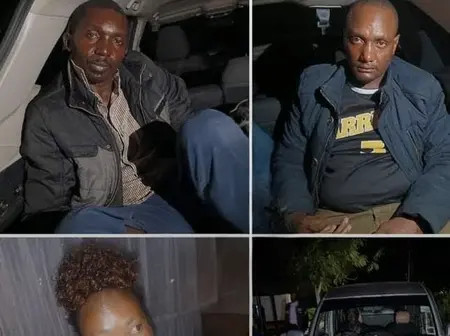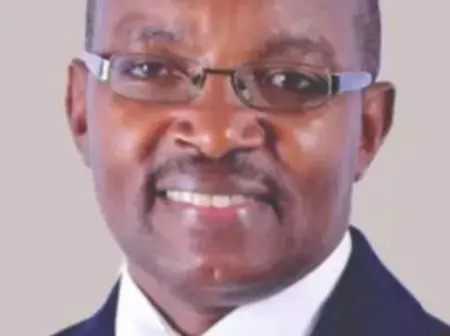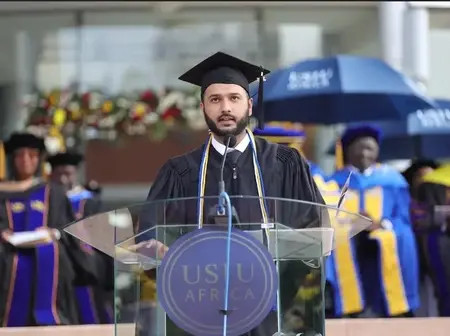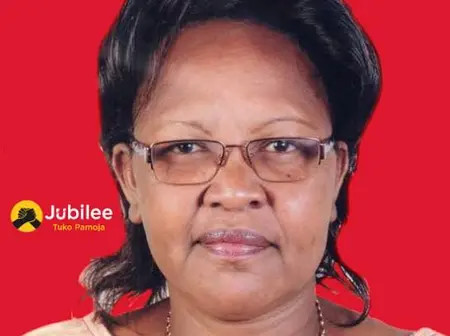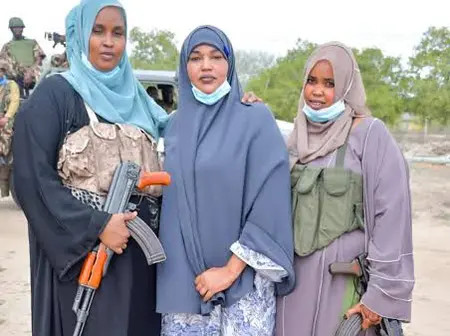
A group of female Muslim chiefs in Garissa County has raised concerns over their mode of transport, saying that cultural and religious restrictions make it difficult for them to use motorcycles while performing their official duties.
Speaking during a local administration forum, the chiefs explained that while motorcycles are widely used in rural areas as the most accessible means of transport, they face unique challenges.
For women, particularly Muslim leaders, riding on motorbikes is considered inappropriate within the cultural and religious context of their communities. This, they argued, hampers their ability to carry out fieldwork effectively.
The female chiefs pointed out that their duties often require extensive travel across villages, where public transport is either limited or nonexistent. The lack of suitable mobility, they said, affects service delivery, particularly in matters of security, community conflict resolution, and mobilization for government programs.
They further noted that while their male counterparts are able to use motorbikes with ease, women are left disadvantaged, creating an imbalance in performance.
This, they insisted, can be corrected if the government and county leadership take their concerns seriously and provide alternatives such as TukTuks, which are more culturally acceptable, or small cars where budgets allow.
Local leaders have acknowledged the issue, with some promising to escalate the matter to the national government for consideration.
Community elders have also backed the female administrators, saying that providing them with alternative means of transport will not only respect cultural values but also improve governance at the grassroots.
Analysts say the request highlights a broader challenge in balancing cultural practices with modern governance needs in Kenya’s northern counties.
While the government promotes inclusivity and equal opportunities, local norms still shape how female leaders can operate within their communities.
As the debate continues, the chiefs remain hopeful that their plea will be heard and acted upon, ensuring that they can serve their people with dignity and without cultural restrictions holding them back.

